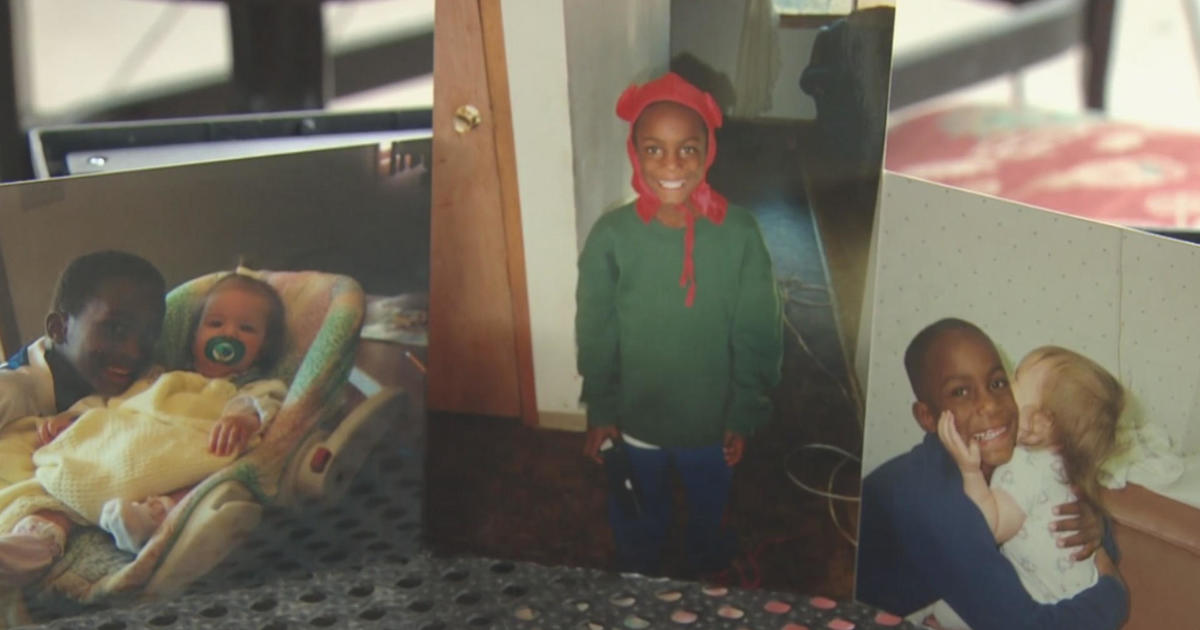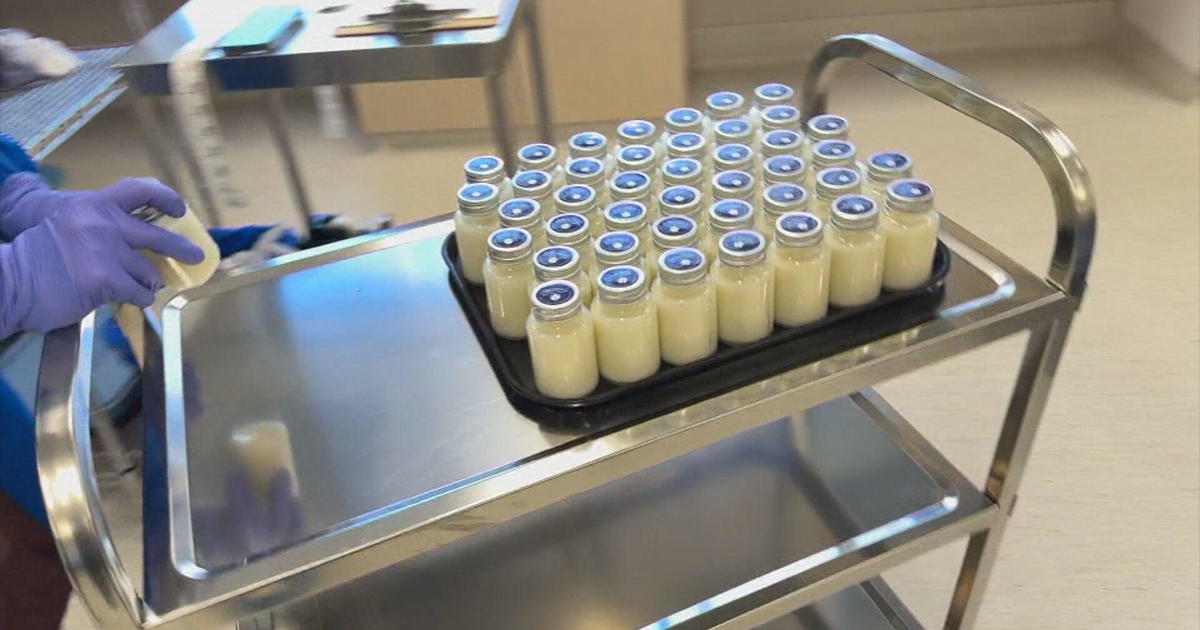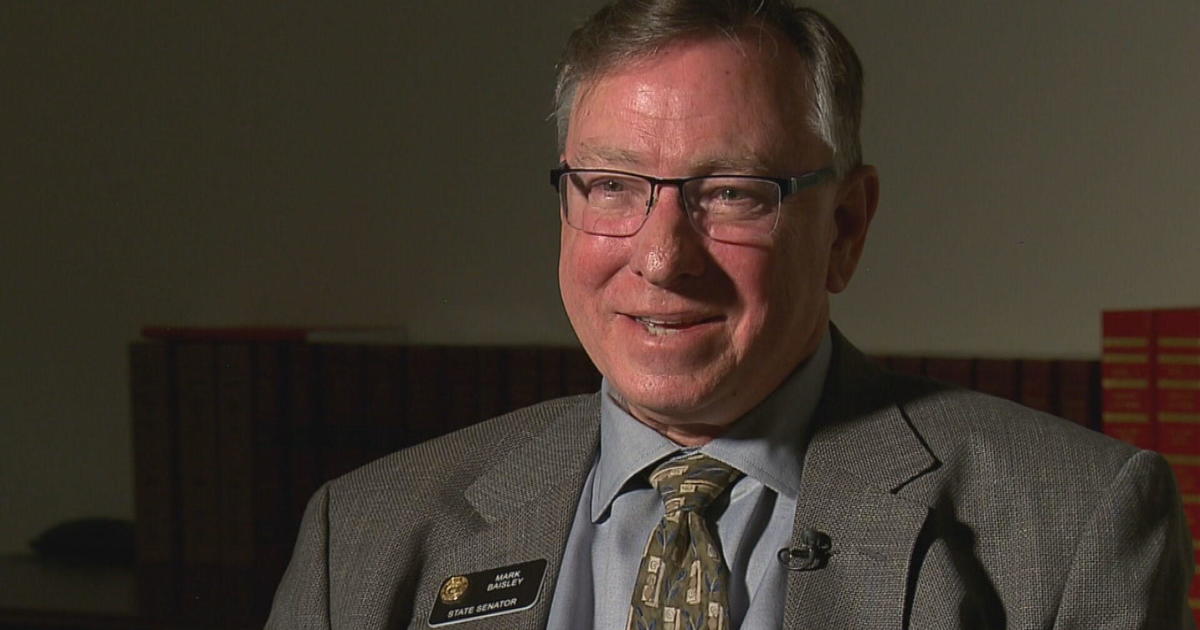Don't Let The Time Change Kill You
 So how you feeling this morning? If you're like me, well, you may be running a little short in the juice department.
So how you feeling this morning? If you're like me, well, you may be running a little short in the juice department.
I'm not a morning person to begin with, then steal an hour from my sleep and I'm a dead man walking. I'm sure some of it's psychological, but why turn down a chance to hitch your complaint wagon to something with some scientific legitimacy?
Research shows the few days after the "spring forward" aren't exactly stellar for health. Besides being a little grouchy, there are three notable things that take place when we have to drag ourselves out of bed even one minuscule hour earlier.
Rates of heart attacks rise by about 10 percent for 72 hours after the clocks change. That's probably caused by an increase in stress hormones as we adjust. Now 10 percent may not sound like much, but consider we average more than 2 million heart attacks a year in the U.S. and that's a jump.
Your immune system goes temporarily out of whack -- once again it's a hormone and body chemistry issue. That means the cold virus you were exposed to last week without you even noticing it, would probably sicken you good this week.
Finally, accidents go up. Whether its rear-ending another vehicle or taking a tumble down the stairs, these next few mornings aren't exactly known for their increased levels of alertness. Evenings, by the way, do not show an increase in accidents.
So, what can you do? Sure, going to bed early helps (but I personally can't take that one to the bank), and grabbing a nap to catch up wont hurt either. But the bottom line is your internal clock needs to reset just like you adjusted your wristwatch.
To help that process, get some early morning sunshine. Meaning, if you can leave work for a 10 minute walk, do it.
And if you can't walk, sit outside. The sunlight will travel from your retinas to your brain to your chemical clock, and help it readjust.
If you have high blood pressure or diabetes, keep an extra close eye on your numbers. They are more likely to go out of whack these next few days. Those of you at risk for heart issues might even benefit from a baby aspirin if you aren't taking one already (and as always, make sure that's cool with your doctor).
Finally, realize you are dull and deadly in the morning, so be careful behind the wheel and watch out even when you're simply putting one foot in front of the other.
Bottom line, ride it out. The first 72 hours are the most critical, but it will take a full 7 to 10 days to get things in line internally.
(And please forgive any typos or nonsensical words in this article -- I wrote it in the morning.)



